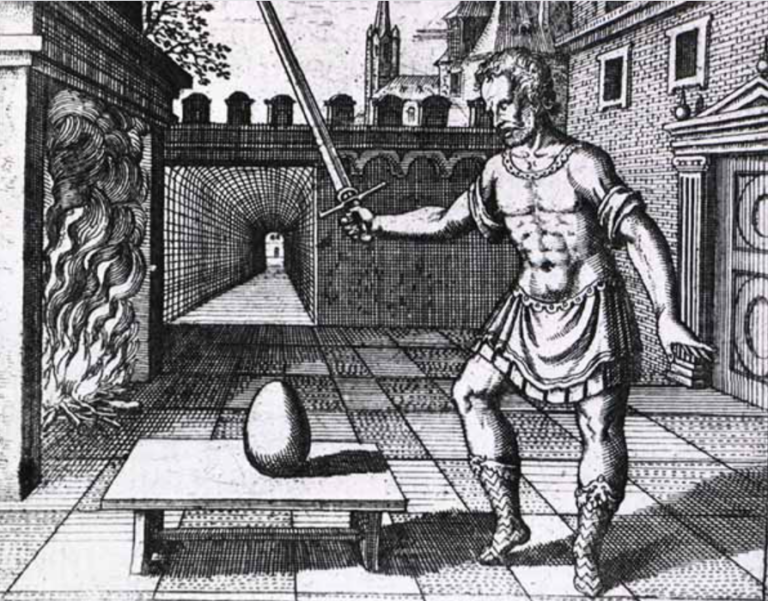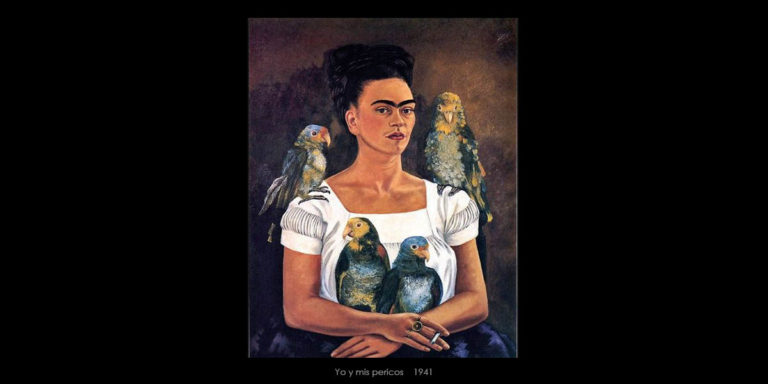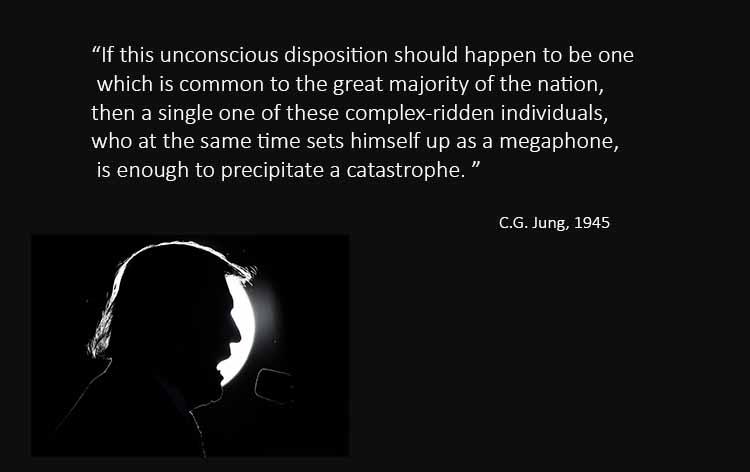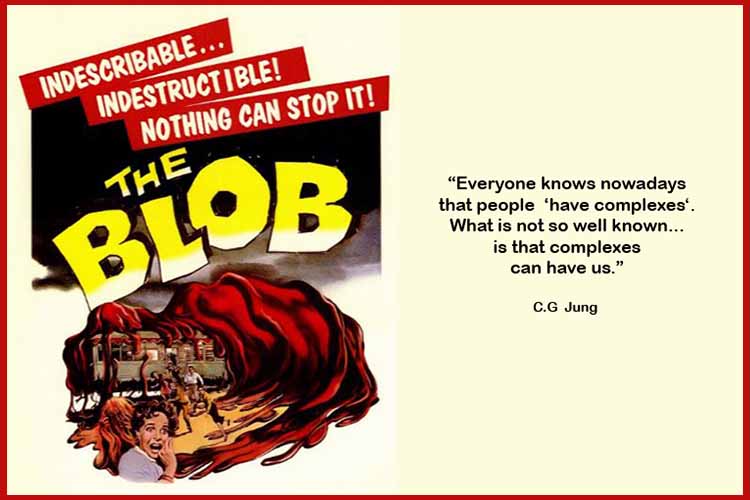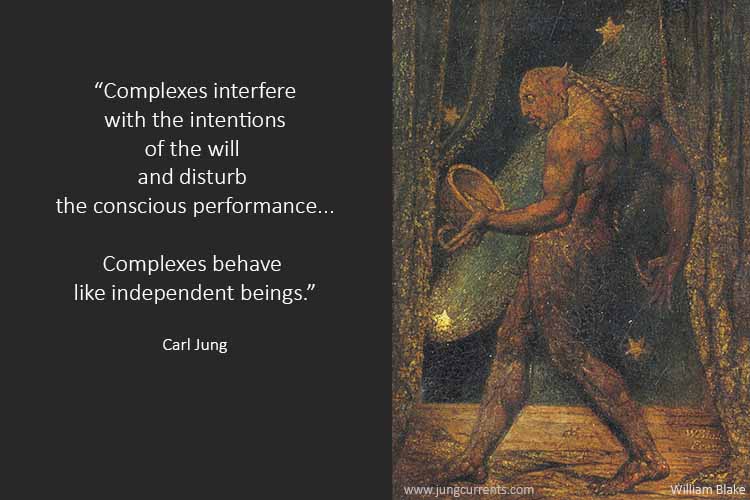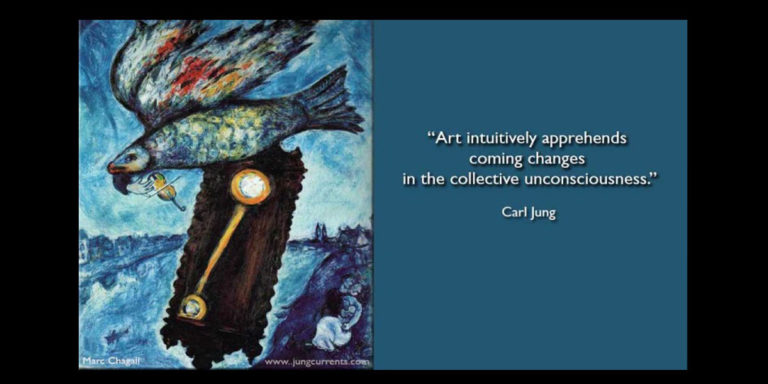Alchemy of the Week: Strike the Egg!
Strike the Egg and Pierce it with a Fiery Sword! Atalanta Fugiens Emblem VIII Epigram 8 There is a bird in the world, more sublime than all, Let it be your only care to find its egg. The albumen softly surrounds the golden yolk, Attack it cautiously with a fiery sword, (as…

